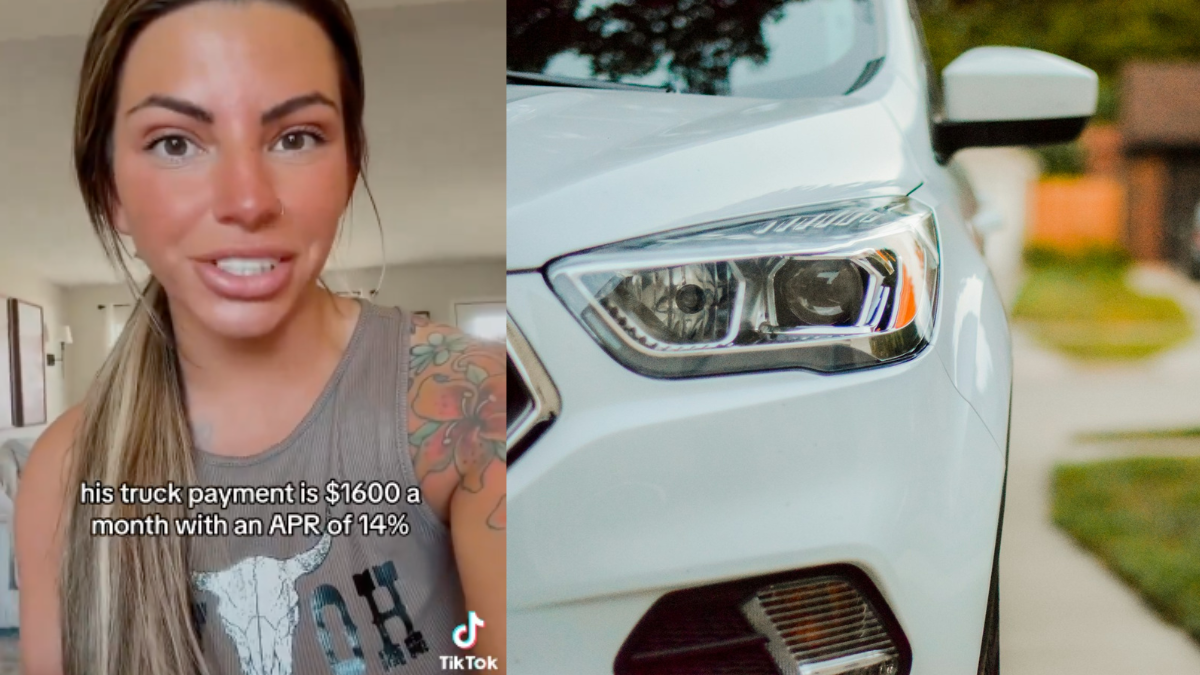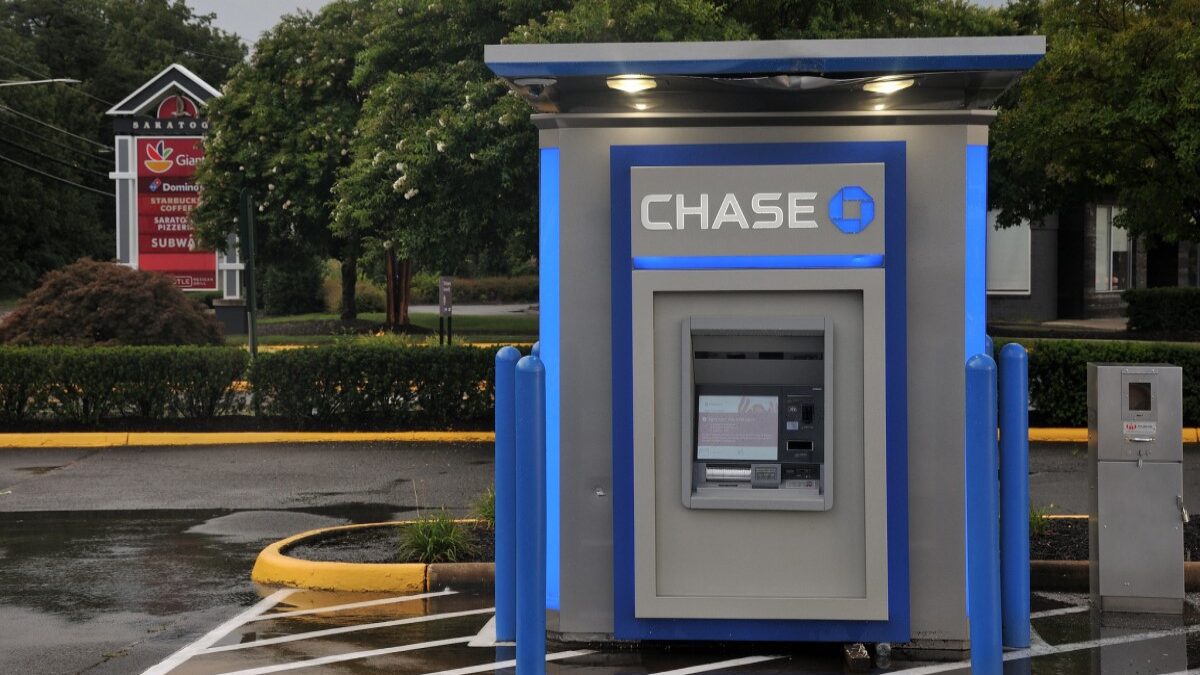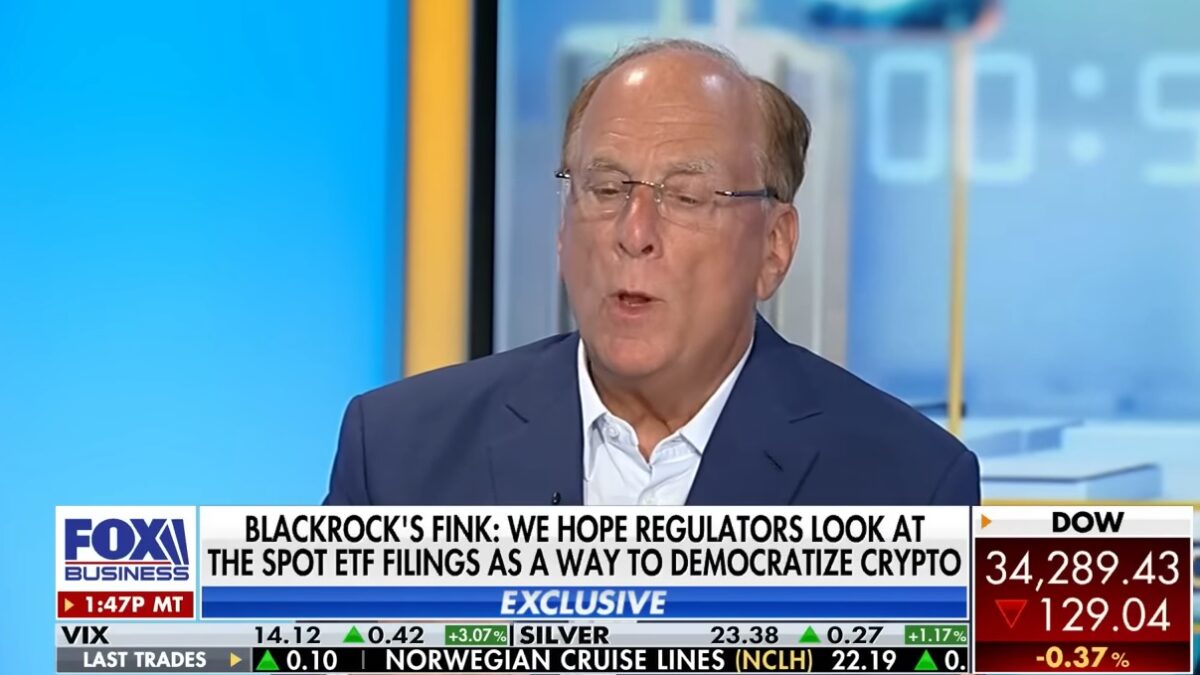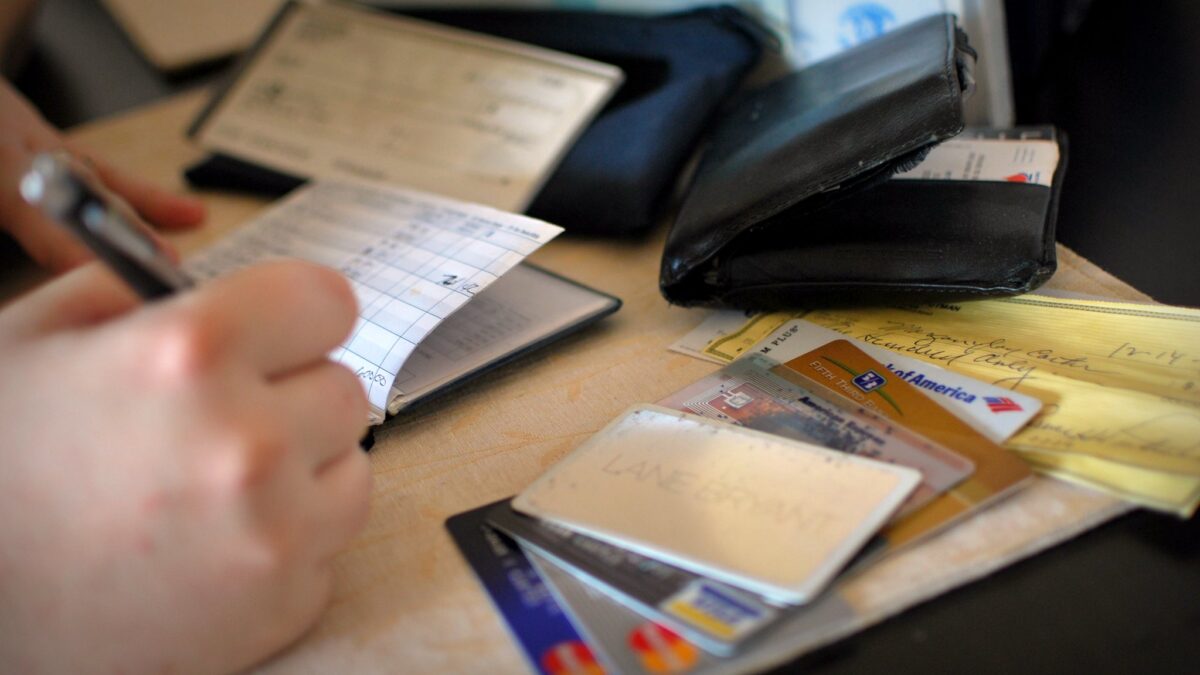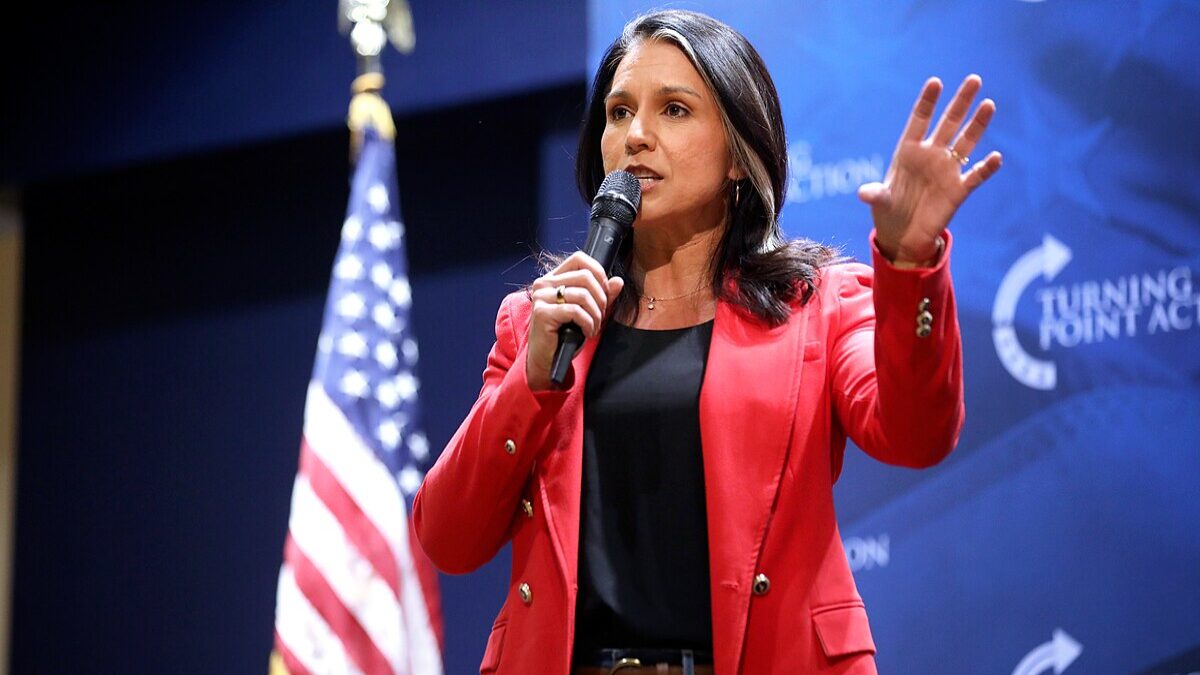
Most people haven’t graduated college at our age, but we’ve nearly finished paying off our student loans, have a mortgage on a three-bedroom house in a nice neighborhood, have no car payment, and zero credit-card debt.
We don’t have six-figure jobs and we weren’t born with a silver spoon in our mouths. We’re a baker (and writer) and a credit-card payment company’s jack-of-all-trades committed to creating a bright future for ourselves and future kids.
It seems like everyone’s barking about how we need a higher minimum wage in this country, and the fight is even more intense in our home state of Washington. But the truth is you don’t need government to raise your salary or send you a welfare check. What you need is some self-control and exercise in delayed gratification, commonly found in the form of a budget.
Your Most Powerful Wealth Accumulator: A Budget
Budget. It’s the one word that gets totally left out of the dialogue on wealth, especially in the particularly divisive conversation on “income inequality” or “wealth disparity.” That conversation is mostly composed of one side crying “socialists!” and the other side pelting them back with “the 1 percent,” “$15 now!” and “living wage.”
If you didn’t know any better (which I’m sure you do), you might think that income is the sole determiner of your lot in life. If you earn minimum wage, you’re eating Top Ramen for dinner and can’t replace your ripped jeans. If you’re earning $200,000, you’re driving a Lexus and putting your kids through college.
This is very far from true. It’s a false spectrum of success devised by ideologues seeking to redistribute wealth via the income people earn, and supported by millions of low- and middle-income people who don’t see how their own choices in life, outside of work, directly and meaningfully impact their financial situation.
This could be good or bad news depending on your current job, but your income is only one aspect of your financial well-being. Most people spend what they make, depositing their paycheck and draining it out of the account within days or weeks. They spend it on movies, clothes, new cars, kitchen gadgets, and vacations. They spend it on outrageously high rent for that cute apartment with the new floors and a courtyard, and grocery trips to Whole Foods and weekly date nights. They spend it on liberal arts degrees at fancy universities and credit-card interest.
All that contributes to the anxiety so many people feel when they see their bank account. That’s why people with robust middle-income salaries ($35 to $50,000 range) still say they’re living “paycheck to paycheck.” They don’t exercise the restraint necessary to allow them to live any way but paycheck to paycheck.
Almost Anyone Can Escape Poverty
Yes, there are people who truly have a hard time making ends meet. But the vast majority of us, income aside, can live really well by making the right life choices. Research from the Brookings Institute found that if you do three thing—graduate from high school, hold a steady job, and don’t have children before you’re married—there’s about a 98 percent chance that you will escape poverty.
Poverty is not a class you are locked into by your employer when you sign an employment contract, and neither are riches. Wealth is something you have control over—control many in government do not want you to see that you have, for fear you become less dependent on government instead of more so.
Seattle City Councilwoman Kshama Sawant consistently asserts that poverty in the U.S. is dire, and that as a general matter minimum-wage workers live on the brink of starvation, their only hope being a government-enforced wage hike. She needs us to believe that to support her income-redistribution scheme. Politicians like Sawant need us convinced that we live in a caste system, and that the salary you’re earning now is the salary you will always be earning.
If your income determines your lot in life, then you’re helpless if you’re making minimum wage; the wallet clutches you instead of the other way round. The nanny state beckons you to its bosom, promising comfort and support, and before you can say, “dependence,” its long arms encircle you, holding you in a cycle of welfare and victimhood.
Don’t let it. The problem is not with your income, the problem is with your outlook. Wealth isn’t a byproduct of your income, wealth is a byproduct of your decisions. But you don’t have to take our word for it, because we’ve walked that walk. We took control of our finances, and through this, it opened up possibilities for our life we wouldn’t have considered for years to come.
How We Stopped Living Paycheck to Paycheck
Eighteen months ago, we were living paycheck to paycheck. Although it seemed like we didn’t have enough money to get by, we had a fully loaded, brand-new Honda Civic, went on weekly date nights, were strung up with multiple student loans, had an absurd data plan for our fancy iPhones, and a cable plan that regularly eclipsed $200 monthly, not to mention several subscription services we rarely used.
Today, 18 months later, we’ve reduced our debt (mortgage excluded) from $83,000 to less than $20,000. We both must have finally broken into lucrative careers, right? Wrong. Our annual income is well below six figures and although our income has gone up, it is by no means substantive to the proportion of our debt payments in comparison to 18 months ago.
So, how’d we do it? By changing our mindset. We went from spending $4,000 a month to spending less than $2,000 a month. Breaking that figure down, our spending level is equivalent to both of us working a 40-hour week at $7 an hour, when taking taxes into account. We comfortably lived on this amount in one of the most expensive cities in the United States, Seattle. And we also happened to live in one of the most expensive neighborhoods in Seattle, Ballard, where rent consumed more than half of our spending.
After Cutting Rent, Stop Eating Out
We changed a lot of things about our spending, one of which was our food budget. The SNAP (Supplemental Nutrition Assistance Program, also known as food stamps) maximum allotment for a two-person household is $357 a month, or $83 a week. This is only meant to supplement. Keeping in mind that we lived in a major metropolitan area, where prices for every commodity are higher than in the suburbs and exurbs, our entire grocery budget (including non-food items) was $58 a week.
And we ate well. We didn’t eat Top Ramen, and we weren’t hoarding the ketchup packets from McDonald’s. We just ate at home. From chili and chicken pasta alfredo to halibut, hamburgers, and even steak, the majority of our dinners were delicious, substantial, and significantly more cost-effective then the cheapest fast-food options.
This was one of the several things we changed our spending outlook on. Our story runs counter to the narrative that new college graduates in big cities can’t survive—that right out of the chute, we need help from the government. We need a stimulus package so more “family wage” and “living wage” jobs can be available, we need additional job training opportunities, or more grants so we can get even more education so we can get a higher paying job.
No. No we don’t. We don’t need the government for this. We need to set budgets.
Budgets do amazing things that government programs can hardly begin to compare with. Our budget has allowed us to put more than 70 percent of our take-home pay towards student loan debt—by choice—even though our minimum payments are only 11 percent of our total expenses.
We’re In Control of Our Lives Now
Budgets come with motivation to make a better life for yourself and your family. We didn’t get serious about paying off our student loans until a couple of years after we graduated. After all, most former students don’t expect to pay off their loans until age 41. Likewise, we hadn’t yet lit a fire under ourselves to gain our financial independence, the fire that melts away the superficial justifications and instant gratifications of your past, like the bigger TV or the new car, and catalyzes a chain reaction where one good money decision leads to another, and another, propelling you toward a huge payoff of future gratification.
We always kept a comfortable margin in case of emergencies, but friends earning the same or more than us were living paycheck to paycheck. It would have been easy to slip into that pattern, living comfortably but precariously off two incomes like most college educated 20-somethings in our neighborhood.
But we chose to head in the opposite direction; we chose to be the biggest factors in our own success. And we didn’t let sudden storms or rough terrain sway our charge.
We weathered a layoff (from a job with a $35,000 salary) and losing $10,000 in value on the Honda. We moved four times in three years, one time halfway across the state. We paid off around $60,000 in student loans over the past 18 months. I (the Mrs.) took a job paying $10,000 less per year than my previous one because I wanted it and we could afford it. We bought a frickin’ house.
The “bootstraps” analogy about self-sustainment was contrived to give the illusion that whoever is asking you to pull yourself up by them is asking you to do the impossible. It’s used to both erode trust in politicians who promote independence and self-sustainment and degrade hope that you can achieve a better future for yourself and your family.
But that mud you’re mired in, chances are that most of it is the ground you watered with your own life choices, financial and otherwise. You may not be able to pluck yourself out of the mire with a couple tugs on a bootstrap, but if you set yourself to the task, you will grow strong enough and wise enough to find your way out of the muck onto the solid path toward fiscal independence.


